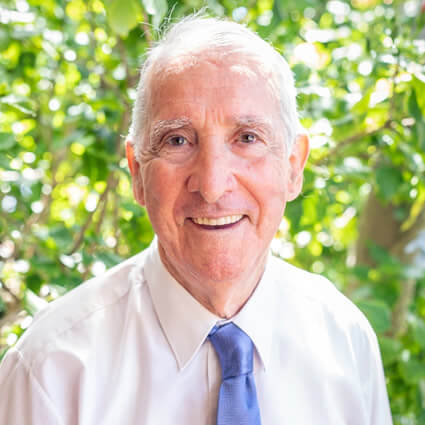 In the world’s public health marketplace, a multitrillion-dollar global pharmacy-based industry profits when the businessmen and women, who trade under the medical umbrella create services and sell their products.
In the world’s public health marketplace, a multitrillion-dollar global pharmacy-based industry profits when the businessmen and women, who trade under the medical umbrella create services and sell their products.
Successful management of many millions of patients, without the use of drugs or surgery, conflicts with the financial interests of that pharmacy-based industry. The industry’s vested interests are protected by government-created trade barriers that deny access to millions of public patients to chiropractic care.
Containment refers to trade barriers restricting the provision of chiropractic care only in the private health marketplace.
Disinformation: Containment is founded upon medical disinformation which is misinformation that is intended to deceive. In the 1960s the US Iowa Plan defined the disinformation intended to greatly harm the public image of chiropractic in the eyes of potential patients, media, chiropractors and, legislators. The intervening decades have witnessed medical spokespersons and trusted medical doctors echoing that disinformation.
Failure to include: Politically ostracising chiropractic creates a false impression that our entire profession is somehow unacceptable for integration into healthcare education and public healthcare facilities and programs.
Medicare Dependent Patients: In most parts of normal commerce, exclusive dealing is illegal. Within public health, exclusive dealing occurs between governments and medical practitioners. Exclusive dealing acts as a restraint of trade by precluding public patients from direct Medicare-funded access to chiropractic care.
Hospitalised patients: Throughout Australia’s taxpayer-funded and private hospital system, the law gives hospital administrators the right to permit or refuse chiropractors to gain formal hospital visiting rights. That permission is very rarely given.
The Medical Gatekeeper Trade Barrier: Gatekeeper laws give medical practitioners the right to dictate if chiropractic care is or is not appropriate for patients. Organised medicine’s international, decade’s long, continuing anti-competitive misconduct toward chiropractic disqualifies the medical profession as trustworthy gatekeepers.
Civilian prisoners: The gatekeeper trade barrier applies throughout Australian prisons. In Western Australia, when individually three prisoners were denied medical permission to receive chiropractic care, my appeal to the then Attorney General was denied.
Veterans: Veterans Affairs reimbursements for chiropractic care are dependent upon medical referral to a chiropractor. Without patient insistence, such referrals are rarely given.
Australia’s Armed Services Personnel: Government reimbursements for Department of Defence personnel are dependent upon medical referral to a chiropractor.
Worker’s compensation: In WA the law imposes a responsibility upon an injured worker to receive an initial treatment certificate from a medical gatekeeper. Spontaneous medical referrals to chiropractors are so rare as to make this requirement an effective restraint of trade.
